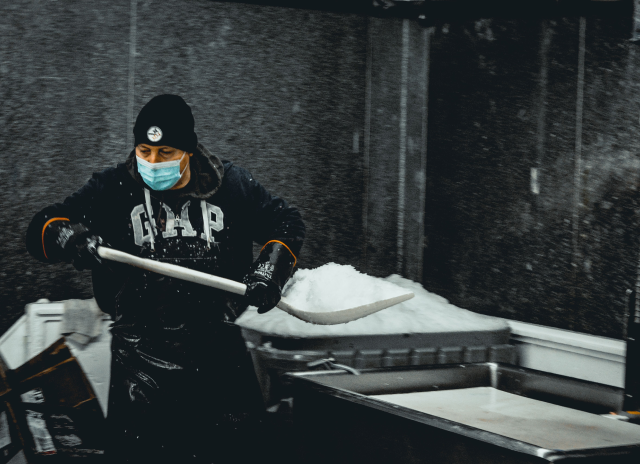





Since our founding in 1977 by Kingo Yamanashi, Yama Seafood 全国168体彩五分钟幸运查询-精准结果数据唯一飞行艇直播记录平台、查询幸运168飞开艇记录+最新查阅幸运历史飞艇结果、幸运飞行艇官方开奖历史记录-168体彩网幸运直播飞艇 direct to you. Whether elevating the everyday or for the most special occasions, Yama offers seafood you can’t get anywhere else. With daily shipments from across the globe, we pair our global connections with a local touch, treating every order with care.

Browse our wide range of high quality seafood products. Search or filter by species, fresh/frozen or origin.

Depending on your location, choose between pickup, local delivery or Next Day shipping.

You will receive an email confirming the day the order will be carefully processed and packed.

Enjoy restaurant-quality seafood, direct to you, and reorder anytime with ease.





Enjoy restaurant quality fish with easy-to-follow recipes that make our seafood, and your kitchen, shine.
View all recipes >